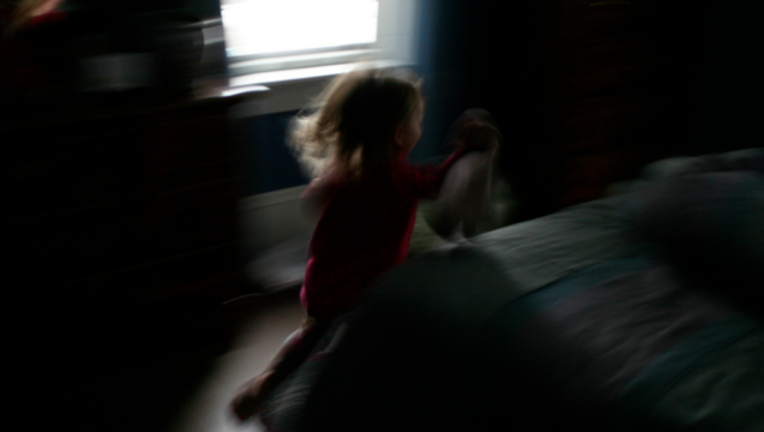Break your child from these 7 harmful health habits

Abigail Batchelder / Flickr
FOX NEWS - Thumb sucking, picky eating and nose picking are not only a nuisance, but they can have lasting effects on your child’s health.
Here, experts weigh in on why these habits are harmful and offer their best tips for how to deal with your child’s behaviors.
1. Hanging onto the bottle
Switching from a bottle to a sippy cup is often one of the most challenging things for toddlers to do. Plus, drinking too much milk can cause your tot to skip meals and miss out on calcium-rich foods like leafy green vegetables, yogurt and cheese and may even lead to iron deficiency.
Of course, allowing your child to fall asleep with a bottle in his mouth can also lead to cavities and tooth decay.
The American Academy of Pediatrics (AAP) recommends toddlers transition to a sippy cup by 15 months of age, but experts say the time to start introducing the sippy cup is around six months so that by the time they’re a year old, it’s gone for good.
“The truth is that they’ve satisfied most of their sucking needs by a year,” said Dr. Jane Scott, a pediatrician and neonatologist in Greenwood Village, Colorado, and author of “The Confident Parent: A Pediatrician's Guide to Caring for Your Little One--Without Losing Your Joy, Your Mind, or Yourself.”
Once your child has mastered the sippy cup and you think he’s ready, he can move on to using a regular cup without a lid.
2. Thumb sucking
It’s common for babies and toddlers to suck their thumbs or their fingers to soothe themselves. But depending on how intense they suck and how long the habit lingers, it can affect the way their jaws grow.
Since sucking depresses the tongue away from the roof of the mouth and compresses it, the habit can affect the normal growth of the upper jaw, causing it to develop narrowly and leading to a crossbite or an overbite, said Dr. Jade Miller, president of the American Academy of Pediatric Dentistry (AAPD).
Oral habits can also cause the upper teeth to be flared and the lower teeth to be pushed backwards.
The good news is that most kids will not have any problems. Nevertheless, you should bring your child in for regular check-ups with a pediatric dentist starting at age 1, or when the first tooth erupts, so the dentist can rule out any problems.
You can help your child stop sucking his fingers with a special nail polish that tastes bitter, a cotton glove or a finger guard. Sometimes praising your child for not putting his fingers in his mouth and persuading him not to do it will be enough.
“In many cases, kids will stop on their own,” Miller said.

